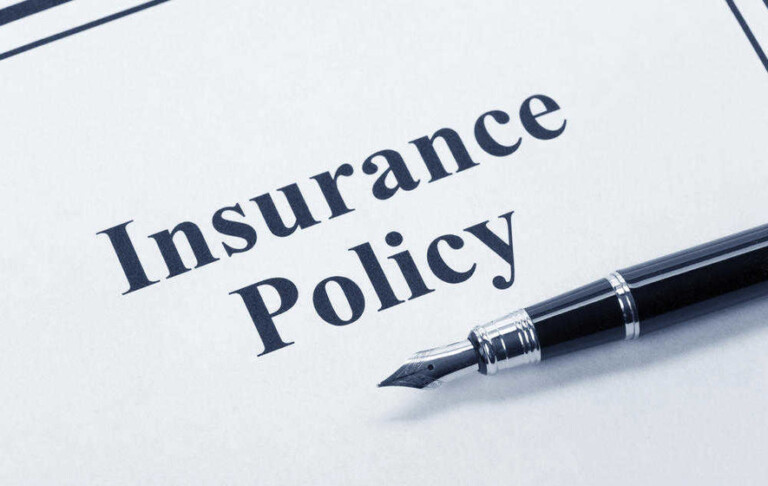Disputes between lessors and lessees over risk allocation for property damage or third party liability have been much litigated in Canadian courts. Less scrutinized has been the
relationship between property owner and property manager in assessing risk allocation. In a recent decision from Alberta, Wight v. T.G.S. Properties Ltd., 2008 ABQB 745, the Court of Queen’s Bench considered the owner–manager
relationship in a claim arising from the slip and fall of Terry Wight on premises owned by T.G.S. Properties Ltd. (“TGS”). It was conceded that the property manager, A.B. Edie Equities Inc.
(“A.B.”), had been negligent in discharging its duties. In finding that AB was entitled to take the benefit of the owner’s insurance, the Court carefully reviewed the property management
agreement (“PMA”) in context of the many decisions involving lessor-lessee disputes.
The relationship between TGS and AB was governed by the PMA, dated January 1, 1999, that contained the following provisions:
2.14 (Indemnification of Owner) Property Manager shall indemnify, defend and hold harmless Owner and each officer, director or employee thereof, against any loss,
expense, damage, claim, liability, obligation, judgment or injury suffered or sustained by reason of any act, omission or alleged act or omission arising out of activities on behalf of Property Manager or
in furtherance of the interest of Property Manager, all of which shall be charged to and paid by Property Manager as incurred, provided always that Owner acted in good faith and without
negligence.2.15 (Indemnification of Property Manager) Owner shall indemnify, defend and hold harmless Property Manager and each officer, director or employee thereof, against any loss, expense,
damage, claim, liability, obligation, judgment or injury suffered or sustained by reason of any act, omission or alleged act or omission arising out of activities on behalf of Owner or in furtherance of
the interest of Owner, all of which shall be charged to and paid by Owner as incurred, provided always that Property Manager acted in good faith and without negligence.6.01 (Property Insurance) Owner will obtain and keep in force adequate insurance against physical damage (e.g. all risk property insurance with boiler and machinery coverage, rental
or business interruption insurance, etc.) and against liability for loss, damage or injury to property or persons which might arise out of the occupancy, management, operation or maintenance of the
Property covered by this Agreement. Property Manager will be covered as an additional insured in all liability insurance maintained with respect to each Property. Owner shall save Property Manager harmless
from any liability on account of loss, damage or injury actually insured against by Owner.
At the time of the accident, TGS had maintained insurance for the building under a policy that provided as follows:
Section II – Who Is An Insured
2(b) Each of the following is also an insured: Any person (other than the Named Insured’s employee), or any organization while acting as the Named Insured’s real estate
manager.4 Each person, firm, corporation or government body for whom the Insured has contracted to provide insurance is an Insured but only with respect to liability which arises out of the
operations of the Insured, and only to the extent required by such contract.
AB also had its own commercial liability insurance policy, which provided coverage for “all sums which the Insured shall become legally obligated to pay as compensatory damages
because of bodily injury.”
The Court summarized the facts material to the case as follows:
… this case involves a PMA under which there is no obligation on the Property Manager to carry insurance of any sort, nor to contribute to the premiums of the insurance which
the Owner is obliged under the PMA to carry. As well, there are mutual indemnification clauses which appear to potentially conflict with the property insurance clause. The latter expressly obligates the
Owner to carry liability insurance which covers the Property Manager as an additional insured, and provides that the Owner “shall save Property Manager harmless from any liability on account of
loss, damage or injury actually insured against by Owner”.
After reviewing several leading decisions analyzing disputes between lessors and lessees over risk allocation, the judge noted that:
It follows from these decisions that the question to be determined in this case is whether the PMA placed upon the Owner the risk of loss. Pyrotech
makes clear that payment of insurance premiums will generally be conclusive. However, Agnew, T. Eaton and Western are authority for the proposition that, where there is
an express covenant to obtain insurance, payment of insurance premiums is not required in order to make such a finding (although in Agnew the obligation to pay an increase in premiums
attributable to improvements made by the tenant was found to reinforce the conclusion). As well, according to Pyrotech and Alberta Importers, the existence of, or even
the obligation on the tenant to obtain tenant’s liability insurance is not determinative of the question.
The Court found that, under the express provisions of the PMA, the owner was required to take out insurance for liability arising from the management or maintenance of the building, that
the property manager was to be included as an additional named insured and that the owner was to save the property manager harmless from any liability insured against by the owner. Following the reasoning
of the lessor-lessee cases, the judge held that, had the owner only been acting to protect its own interests without benefit to the property manager, there would have been no need for any covenants regarding
insurance running to the property manager. As a result, the provisions dealing with the manager’s obligation to indemnify the owner were intended to cover only those situations in which the owner was not
insured for the loss in question, with loss of business provided as a possible example.
This decision makes clear that, just as has been the case with disputes between lessors and lessees over risk allocation, the Court will carefully review the agreement underlying the
relationship to determine whether a property manager is entitled to take the benefit of the property owner’s insurance.
The decision in Wight v. T.G.S. Properties Ltd. can be accessed at www.canlii.org/en/ab/abqb/doc/2008/2008abqb745/2008abqb745.html.



